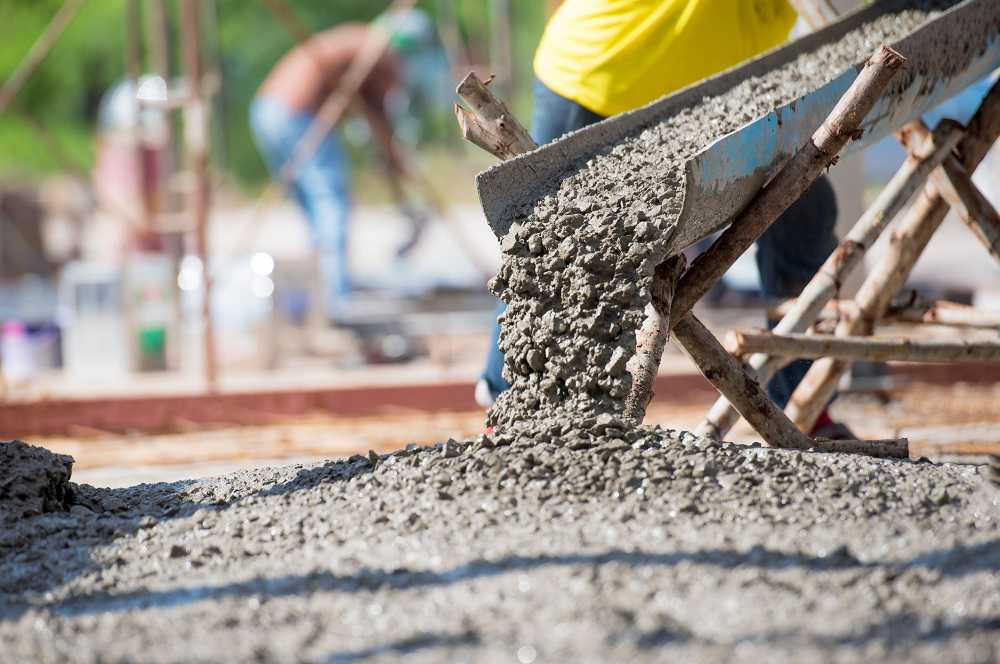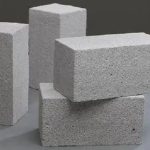Concrete is a composite mixture which consists of Cement, Sand and Aggregate. Concrete mix design is the procedure for finding the right quantities of these materials to achieve the desired strength. Accurate concrete mix design makes concrete construction economical. Large constructions such as Bridges, dams requires huge amount of concrete, using the right quantity of constituents make the structure economical. In order to calculate or find the right amount of cement, sand and aggregate required in 1m3 of concrete; you need to know about different grades of concrete.
As per IS456:2000, Different grades of concrete are classified into M5, M7.5, M10, M15 etc., whereas M stands for Mix and the number behind M stands for Characteristic Compressive strength(fck) of the concrete in N/mm2 @28 days when checked with 15cm×15cm×15cm cube in direct compression test.
Concrete Mix design of M5, M7.5, M10, M15, M20, M25, M30 and higher grades of concrete is calculated as below:
The procedure for finding the different grades of concrete mixes are same. The below mentioned method can be applied to any grade of concrete by changing the values. To make ease in understanding we are finding the Concrete mix design of M20 grade concrete.
The Concrete mix ratio for M20 grade of concrete is 1:1.5:3 that mean 1 part of cement, 1.5 part of sand (fine aggregate) and 3 parts of aggregate (crushed stone) in volume and then batched for mixing. To know the Concrete Mix Design follow below:-
Mix Design (M) = Cement: Sand :Aggregate

As per BS 8500-2 British/European standards The grade of concrete is denoted as C10, C15, C20,C25, etc., ‘C’ which means ‘Concrete Strength class’ and number behind C refers to characteristic Compressive strength of Concrete in N/mm2 @ 28 days when tested with the 15cm dia & 30cm height cylinder in direct compression test
The grade of concrete is also denoted as C16/20, C20/25, C25/30, etc., which means Concrete Strength Class (C) the number behind C refers to Compressive strength of Concrete in N/mm2 when tested with Cylinder / Cube.




Comments are closed